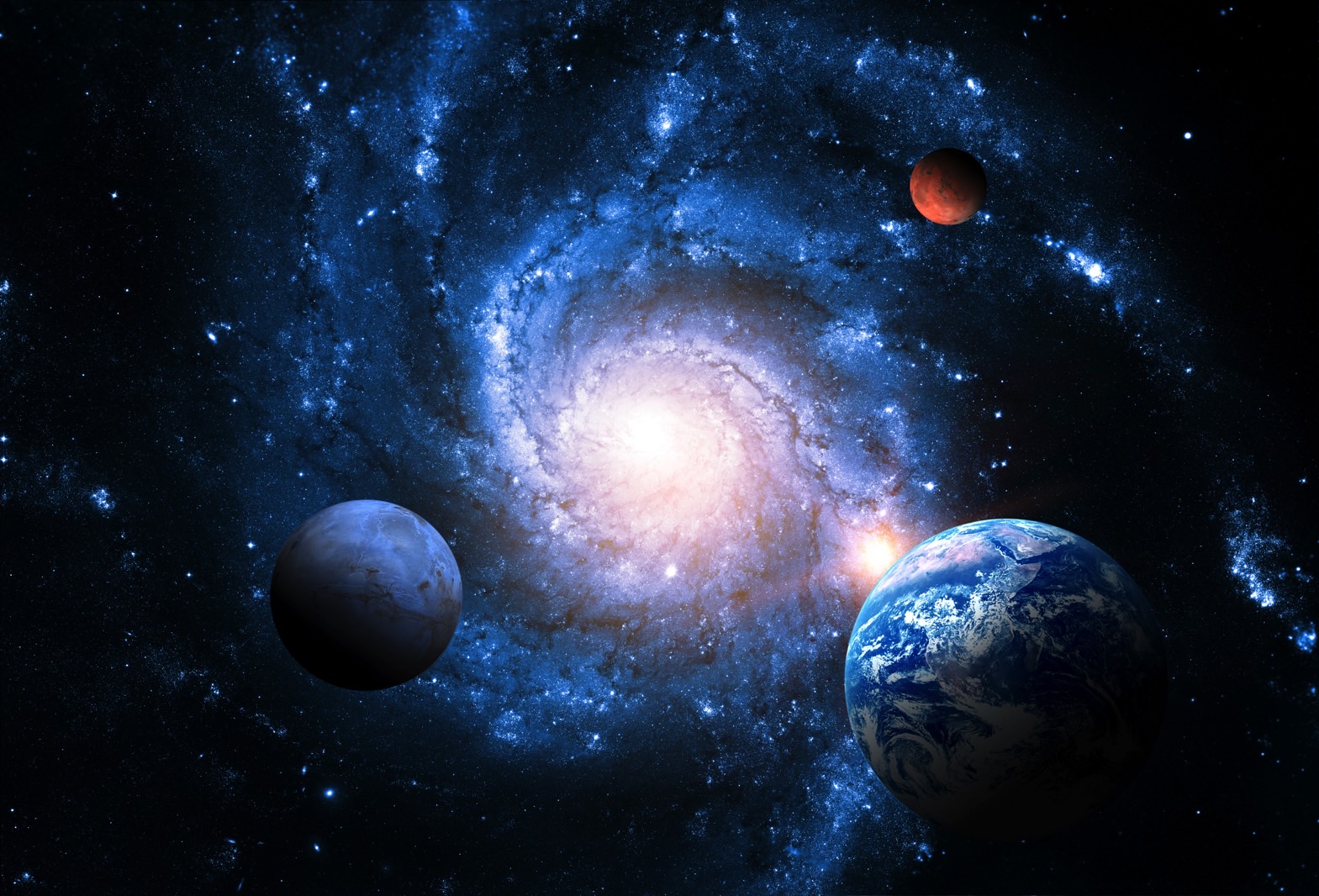A passing star may have altered Earth’s orbit more than three million years ago, researchers have found. A study featured in The Astrophysical Journal Letters suggests that a star known as HD-7977 could have completely changed how our planet orbits the Sun, having lasting repercussions on how Earth developed.
Scientists estimate that HD-7977 flew past our solar system roughly 2.8 million years ago. They believe it may have come within no more than 31,000 astronomical units (AUs) from the Sun, though that number does vary based on who you ask. Further, some believe it could have come as close as 4,000 AU.
The chance that the last bit happened is very small, but if it did, it would be very significant. What’s particularly intriguing about this theory is that stars passing this close to the Sun aren’t really uncommon. A star passes within 50,000 AU of the Sun every 1 million years, scientists estimate. And within 10,000 AU every 10 million years.

But, reverse orbital simulations show that HD-7977’s close encounter with our solar system would have actually been enough to slightly change Earth’s orbit. The idea is based on the fact that any slight variations to the orbit of gas giants like Jupiter and Saturn would lead to orbit changes for Earth, too.
As such, the passing star would only need to perturb Jupiter or Saturn’s orbit for a chance to see those changes reverberate down to Earth, thereby changing our planet’s orbit as well. The exact consequences of this change aren’t clear, but researchers believe there could be evidence of these orbital changes in the planet’s geological record.
The universe is a really big place, and knowing that stars can come within that distance of our solar system and even slightly change our planet’s orbit is scary, especially since any changes to Jupiter’s orbit could have bizarre impacts on Earth.
